
Agreement to establish a new EU drug control agency with enhanced powers

- Europe and Arabs
- Wednesday , 29 March 2023 18:11 PM GMT
Brussels: Europe and the Arabs
The European Union has initiated steps to establish a new drug control agency with expanded powers, including assessments of risks and threats, with monitoring, preparedness, data analysis and evaluation of Member States' policies, while ensuring the desire of members of the European Parliament to ensure transparency and dialogue with civil society.
This was announced in Brussels today, Tuesday, after negotiators from the European Parliament and the European Council "representing member states" reached an agreement to create an EU drug control agency by expanding the powers of the European Control Center for Drugs and Addiction (EMCDDA).
The deal expects from the inter-institutional negotiations a new agency with stronger analysis and monitoring capability and a faster and more efficient early warning system. When new psychoactive substances are discovered, it will develop a risk assessment in collaboration with other EU bodies. Also, the agency will establish a European drug alert system, adopt health and security threat assessments to identify new developments at an early stage, help national authorities collect data, and promote best practices. The Agency can also support Member States, with their consent, in the development and implementation of drug-related interventions and measures, and in the evaluation of these measures. Its broader mandate also allows it to respond to polysubstance use, or to consume multiple substances simultaneously or in rapid succession.
Transparency and cooperation with civil society
In the negotiations, MEPs wanted to increase the agency's transparency, find a balance that takes into account the health, social and human rights dimensions of drug and substance abuse, and ensure that its research and data collection takes into account an age and gender perspective. . They also made provisions for ensuring dialogue with civil society organizations, with a dedicated focal point in the agency for this purpose.
After the vote, Rapporteur Isabel Santos (S&D, PT) said: “The challenges around drugs are increasingly diverse and complex. Therefore, the soon-to-be agency will need to take an evidence-based, integrated, balanced and multidisciplinary approach to the drug phenomenon. The deal we reached today is A very positive deal and it creates an agency that is able to prove the future, as we have been able to ensure the participation of the European Parliament in its structure and ensure cooperation with civil society organizations. We have reached a balanced approach between security, health and social aspects. I am happy with this interim agreement, and I look forward to seeing the implementation of this new mandate ".
next steps
After final adoption by the European Parliament and the Council of the European Union, the regulation can be published in the Official Journal of the European Union. The next day, it will enter into force, and its provisions will be applied after 12 months.
The European Monitoring Center for Drugs and Drug Addiction (EMCDDA) is an agency of the European Union headquartered in Lisbon, Portugal. Established in 1993, the Center strives to be the “reference point” on drug use for EU member states, and to provide “factual, objective, reliable and comparable information” on drug use, drug addiction and related health complications,


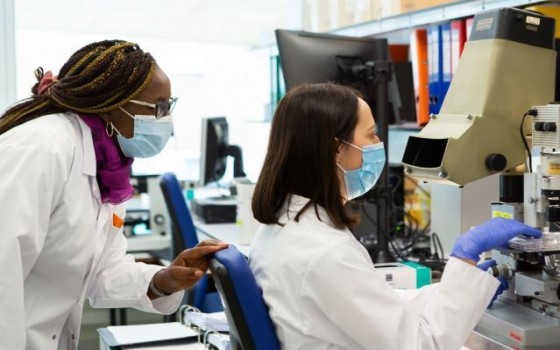
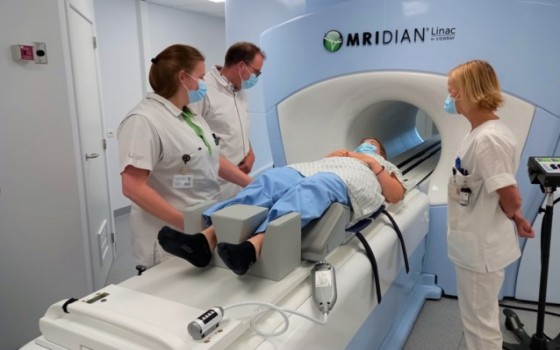
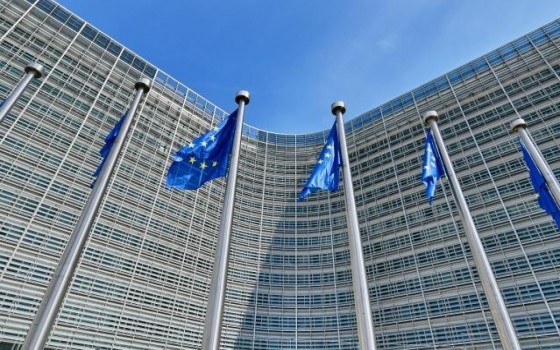
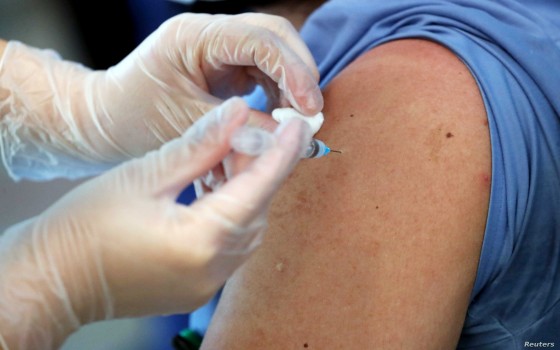
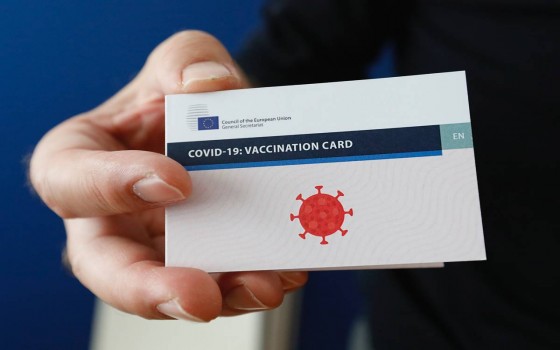


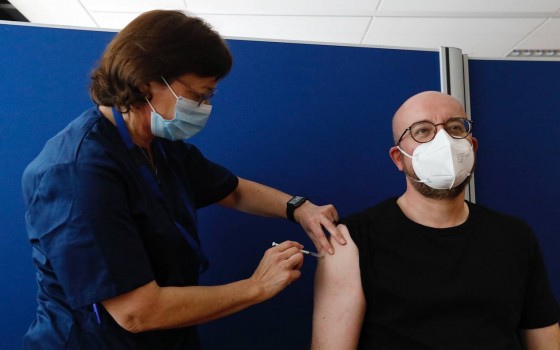


No Comments Found